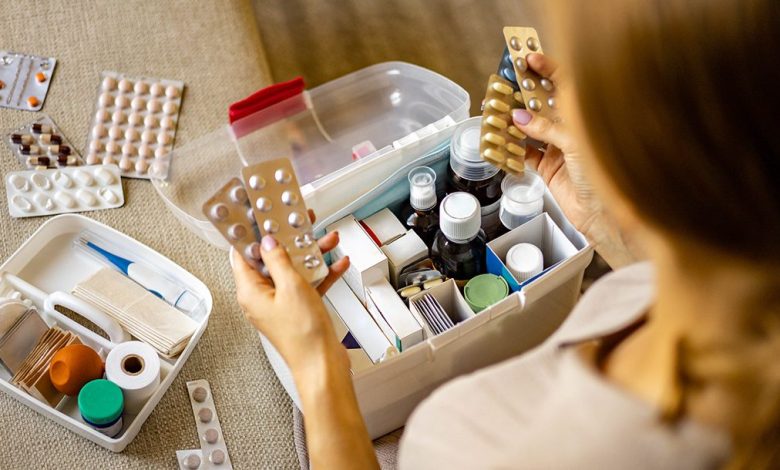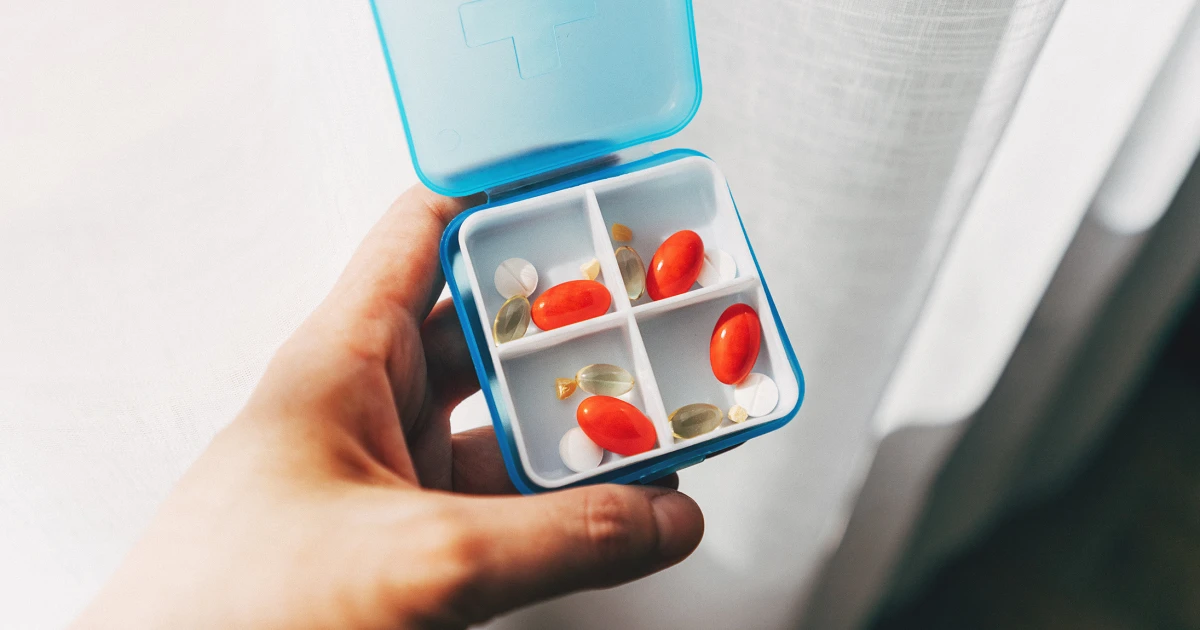A New Solution For Storing Medication Outside The Refrigerator

Storing Medication: Hydrogels have been proposed as a potential solution for storing and transporting proteins at warmer temperatures.
Scientists have developed a new gel that, according to them, can help store and distribute important treatments, such as insulin, without the need for a refrigerator or freezer.
Researchers stated that this technology could significantly improve access to essential protein-based medications in parts of the world that may lack cold storage infrastructure.
Storing Medication, According to a paper published on Wednesday in the journal Nature, this gel may also lead to better efforts in diagnosing and treating more individuals with serious health issues in developing regions of the world.
Dave Adams, one of the authors of the paper from the University of Glasgow, said, “The technology we have developed represents a significant advance in overcoming the current cold chain challenges that deliver therapeutic proteins to patients.
“The researchers said this particular hydrogel is primarily made of water, which stabilizes proteins and protects their properties even at temperatures up to 50 degrees Celsius.
Storing Medication, Protein-based drugs are used to treat a wide range of diseases, from diabetes to cancer, and more recently, obesity. However, keeping them stable during storage and transport has been challenging because any structural changes caused by heat in the proteins can render them ineffective.
Manufacturers try to keep protein-based drugs at very cold temperatures to prevent spoilage, which requires a significant amount of energy and limits their distribution in developing countries.
While hydrogels have been proposed as a potential solution for storing and transporting proteins at warmer temperatures, separating the gel components from the proteins has been challenging.
Storing Medication, Matthew Gibson, another author of the paper, said, “Our discovery removes this barrier and allows us to store and distribute proteins at room temperature without any additives, which is a very exciting possibility.
Storing Medication Outside The Refrigerator

“The researchers created the hydrogel using a substance called a low molecular weight gelator (LMWG), which forms a three-dimensional network of long and rigid fibers. When proteins are added to the hydrogel, they are trapped in the spaces between the fibers in a readily reversible manner.
Protein molecules in these spaces cannot mix, aggregate, and condense—a process that usually limits their effectiveness as drugs—and since the gel fibers are fragile, the protein molecules are also easily released.
Storing Medication, When the protein-filled gel was stored in a standard syringe with a specific filter, the fibers broke, and the protein was released simply by pressing the plunger.
In recent tests, researchers demonstrated that this gel could store two important medical proteins: insulin, used to treat diabetes, and beta-galactosidase, an enzyme with various applications in biotechnology and life sciences.
Insulin usually needs to be kept cold and stable because any heating or shaking can render it ineffective. The researchers said the new hydrogel could withstand diabetes medication at 25 degrees Celsius and rotation at 600 RPM, “a test beyond any scenario that might occur in the real world.
Storing Medication, “They noted that the full active volume of insulin was recovered from the hydrogel after the test.
The researchers were also able to store beta-galactosidase at 50 degrees Celsius for seven days in the hydrogel, a level of heat higher than any actual temperature that might occur during transport.
Storing Medication, When the enzyme was extracted from the gel, the researchers found that it retained 97% of its efficiency. In a third test, the proteins suspended in the hydrogel were sent by mail to a location that took two days to reach. In this case, too, they found that the gel structures remained intact and prevented protein aggregation. The researchers expect their findings to have significant impacts on the diagnostics and pharmaceutical industries.
Also Read:
Risks Of Consuming Expired Medications
Stress Effect: Why Does Stress Cause Back Pain?




